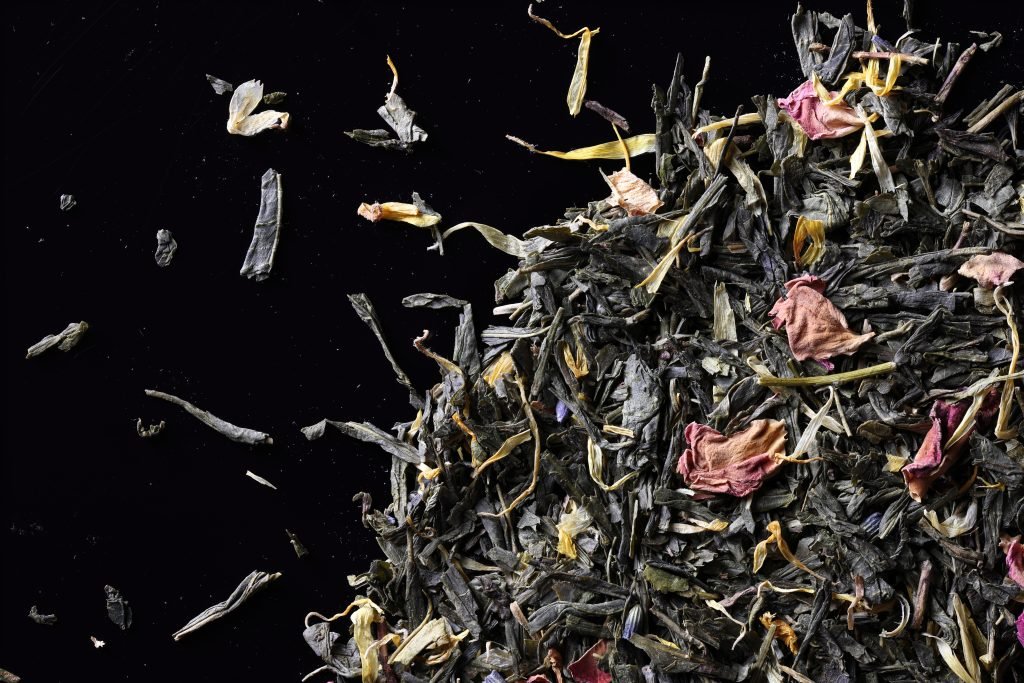Anemia is a condition characterized by lower-than-normal levels of red blood cells in the bloodstream, resulting in insufficient oxygen delivery to body tissues. Among the various forms of anemia, the most prevalent is iron-deficiency anemia, which underscores the importance of assessing one’s diet and incorporating foods that boost iron intake and levels.
Incorporating certain infusions into your daily routine can also be beneficial for managing anemia and alleviating its symptoms. This article delves into the infusions that can assist in treating anemia.
Causes and Indicators of Anemia
Anemia arises from a diminished concentration of hemoglobin, the red blood cell component. While anemia comes in diverse types with multiple causative factors, the primary one is often an insufficient supply of iron, known as iron-deficiency anemia.
This deficiency occurs due to an inadequate intake of iron, an essential mineral pivotal in the formation of red blood cells and facilitating the efficient transportation of oxygen to vital organs. The repercussions of iron insufficiency manifest as symptoms such as fatigue, weakness, pallor, headaches, and dizziness.
Beyond dietary iron inadequacy, other factors contributing to low iron reserves encompass pregnancy, breastfeeding, impaired iron absorption, and excessive iron loss. If experiencing these symptoms, consult a medical professional.
Remember that incorporating iron-rich foods into your diet is paramount; iron supplements should only be taken under medical guidance. The ensuing sections detail infusions that can supplement efforts to rectify low iron levels and mitigate symptoms.
Infusions to Combat Anemia
Dandelion Infusion
Dandelion infusion stands as a prime contender among medicinal plants for addressing iron-deficiency anemia. Its distinction lies in its remarkable iron content, making it an effective agent for augmenting iron levels.
Furthermore, dandelion infusion is a source of folic acid, a vital vitamin that, in conjunction with iron, facilitates blood cell formation. Sip two cups of dandelion infusion daily, preferably post-main meals like lunch or dinner.
Note that dandelion may be unsuitable for individuals with gallstones, heartburn, gastric ulcers, kidney stones, pregnant or lactating women. Always consult a healthcare provider before incorporating dandelion into your regimen.
Horsetail Infusion
Horsetail, renowned for its natural detoxifying and diuretic properties, also holds benefits for anemia. Its mineral composition includes iron and silicon, and its consumption rejuvenates the body, countering the fatigue and weariness associated with anemia.
To prepare horsetail infusion, steep one tablespoon of horsetail in a cup of boiling water for 5 to 10 minutes, strain, and drink. Consume two cups daily for noticeable improvements.
Note that individuals with low potassium levels, digestive issues, heart ailments, alcoholism, and pregnant or breastfeeding women should avoid horsetail.
Parsley Infusion
Beyond being a culinary enhancer, parsley boasts a nutritional profile conducive to countering anemia. Laden with minerals like iron, potassium, calcium, and magnesium, parsley is also rich in vitamins A, C, and folic acid—a key contributor to red blood cell formation and anemia prevention.
Crafting parsley infusion involves adding two small spoonfuls to a pot with a cup of boiling water, boiling for approximately 3 minutes, allowing it to rest for an additional 5 minutes, then consuming.
Sage Infusion
Sage, renowned for its myriad health benefits, serves as a natural remedy for anemia. Its stimulating properties enhance blood circulation and promote nervous system equilibrium, making it an apt choice for ameliorating anemia and its associated symptoms.
To create a sage infusion, acquire around 5 or 6 dried sage leaves. Boil a cup of water, add the leaves, and simmer for 15 minutes. Afterward, let it steep for 5 minutes, strain, and consume post-meals.
Pregnant or breastfeeding individuals, and those with kidney ailments, or epilepsy should abstain from sage infusion.
Nettle Infusion
Lastly, nettle infusion, derived from the leaves of the nettle plant, is rich in iron and chlorophyll, both instrumental in addressing iron deficiency and bolstering red blood cell production.
Prepare nettle infusion by adding a teaspoon of dried nettle leaves to a glass of boiling water, consuming 1 or 2 cups daily.
Nettle is unsuitable for pregnant or lactating women, diabetics, and individuals with kidney issues.
Incorporate these infusions as a complementary approach to managing anemia, but always seek medical advice before initiating any significant dietary changes.
MEDICAL DISCLAIMER
Hummingbirdtearoom.com cannot and does not contain medical/health advice. The medical/health information is provided for general and educational purposes only and is not a substitute for professional advice.

